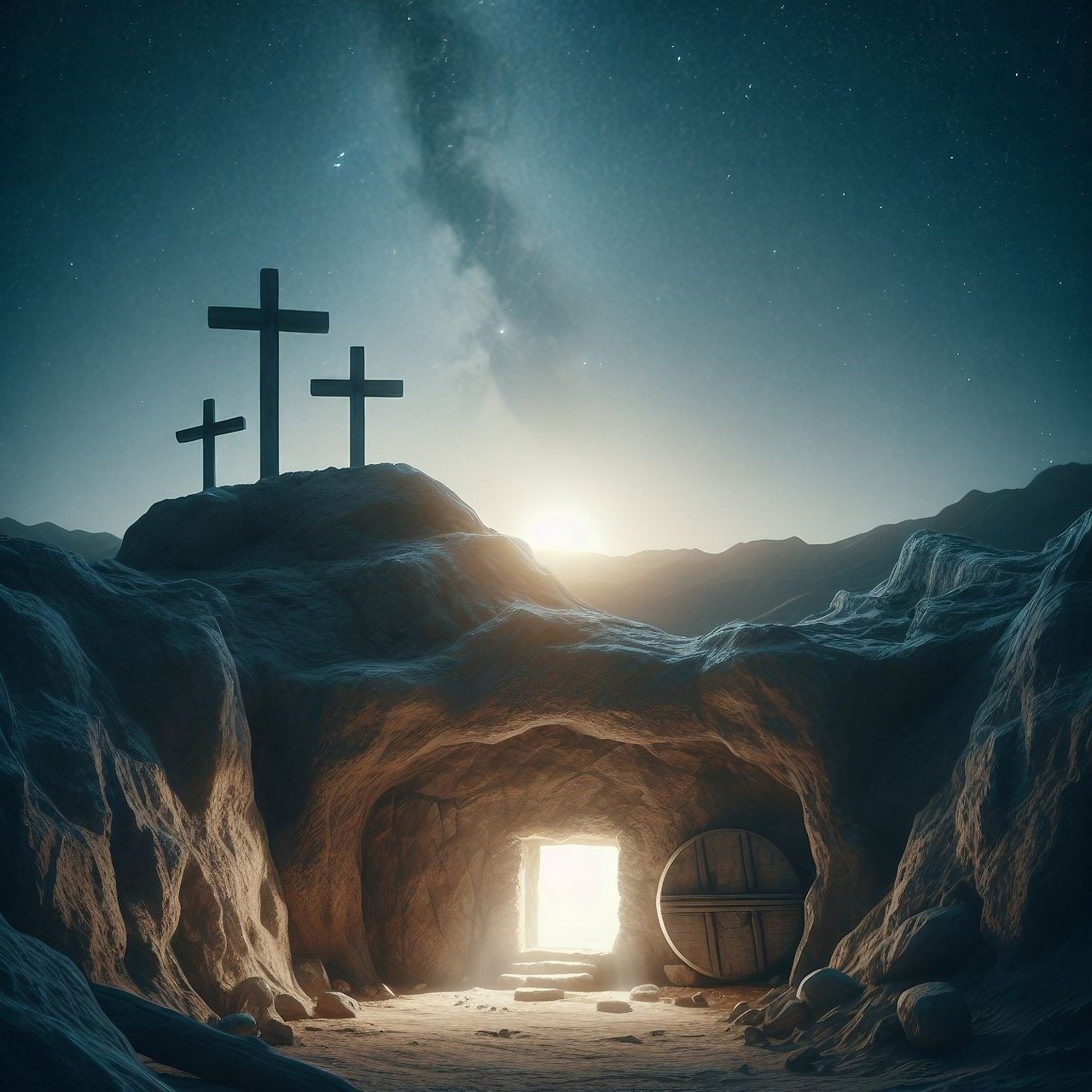Exploring the Evidence and Faith Behind the Ark’s Mystery
For centuries, believers and skeptics alike have asked the intriguing question: Has Noah’s Ark ever been found? This question not only sparks interest in archaeology and science but also challenges our faith in the historical truth of the Bible. Let’s take a deep dive into the evidence, myths, and faith that surround one of the most iconic vessels in human history.
What the Bible Says About Noah’s Ark
The story of Noah’s Ark is found in Genesis 6–9, where God commands Noah to build a large vessel to survive a global flood sent as judgment for the world’s wickedness. The ark was said to rest on the mountains of Ararat after the waters receded (Genesis 8:4).
Key Biblical Details:
- Built of gopher wood
- 300 cubits long (~450 feet)
- Came to rest on the mountains of Ararat
Have Archaeologists Found Noah’s Ark?
Despite numerous expeditions and claims, Noah’s Ark has not been definitively found – at least, not with verifiable evidence that satisfies both scientific scrutiny and biblical faith communities.
Major Claims and Discoveries:
1. Mount Ararat, Turkey: The traditional and biblical location. Many satellite photos and expeditions have pointed to mysterious formations, but no concrete proof has surfaced.
2. Durupınar Site: A boat-shaped formation near Ararat. Some claim it’s petrified wood of the Ark; others believe it’s a natural rock formation.
3. Ron Wyatt’s Claims: A controversial explorer who claimed to have found the Ark – yet his findings are widely disputed and lack peer-reviewed validation.
What Experts Say:
- Archaeologists: No academic institution has confirmed any discovery as Noah’s Ark.
- Biblical Scholars: The Ark may not have survived millennia due to decay or re-use of its materials.
- Believers: The absence of discovery doesn’t negate faith – Hebrews 11:1 reminds us, “Now faith is the substance of things hoped for, the evidence of things not seen.”
Faith vs. Fact: What Should Christians Believe?
While it’s fascinating to explore ancient remains and archaeological reports, the purpose of Noah’s Ark in Scripture is spiritual, not merely historical.
Trusting God’s Plan means believing that:
- The Bible is God-breathed and true, even when physical proof is lacking.
- God’s covenant with Noah (Genesis 9) is a symbol of mercy, not just history.
- The story calls us to obedience, righteousness, and trust.
A Short Devotional Takeaway
God makes a way even when the storm is overwhelming. Just like Noah trusted God without knowing the full plan, we are called to obey, even when the outcome seems uncertain. The Ark was God’s protection for Noah – and Jesus is our Ark today.
“The Lord is good, a refuge in times of trouble. He cares for those who trust in him.” — Nahum 1:7
Prayer: Trusting God in the Unknown
Heavenly Father,
Thank You for being our refuge in the storm. Whether or not Noah’s Ark is ever found, I trust that Your Word is true and Your promises are sure. Help me to walk in obedience like Noah, even when I don’t see the whole picture. Strengthen my faith and remind me that You always make a way.
In Jesus’ name, Amen.
FAQs: Has Noah’s Ark Ever Been Found?
Q: Is there physical evidence of Noah’s Ark?
A: There are claims of possible Ark sightings, especially on Mount Ararat, but no verified, peer-reviewed evidence confirms the discovery.
Q: Why hasn’t Noah’s Ark been found?
A: The Ark may have decomposed, been dismantled, or lies in a hard-to-access area. It’s also possible God intended it not to be found so faith would remain the focus.
Q: Is the story of Noah’s Ark true?
A: Christians believe the story is true as recorded in the Bible. Faith is not always about visible evidence but about trusting God’s Word.
Q: What should I do if I struggle to believe the story?
A: Doubt is part of faith. Pray, seek Scripture, and talk to trusted believers. Remember, “faith comes by hearing, and hearing by the word of God” (Romans 10:17).
Conclusion
So, has Noah’s Ark ever been found? Not in a way that satisfies modern science, yet for Christians, the Ark is not just a physical object, but a symbol of salvation, obedience, and trust in God’s plan. Whether or not we ever see the Ark, we know the God who saved Noah is still saving today.
Still wondering? Keep trusting in God’s plan. That’s where real discovery begins.






